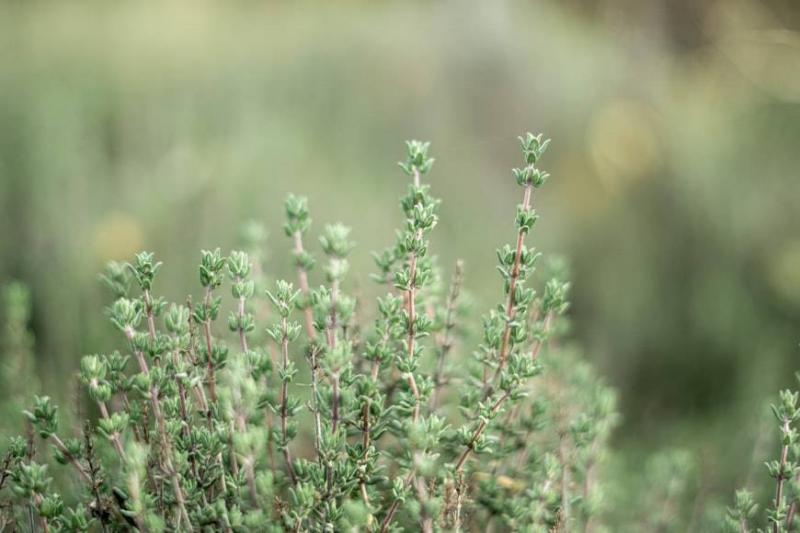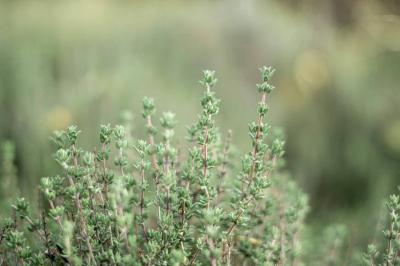A significant advancement has been made by researchers at Purdue University towards utilizing chemical compounds extracted from herbs to combat cancer. According to a study published in the journal "Proceedings of the National Academy of Sciences," the compounds thymol, carvacrol, and thymoquinone—which are "flavor compounds" found in thyme and oregano (wild spices)—exhibit anti-cancer properties.
In this study, researchers successfully completed the first step toward using these compounds in pharmaceutical preparations by mapping the biosynthetic pathway, a method by which living cells produce complex chemical compounds from simpler materials. Natalia Dudareva, a biochemistry professor at Purdue's College of Agriculture who co-led the project, states, "These plants contain important compounds, but the quantity in them is very limited, and extracting them from plants will not be sufficient." She adds, "By understanding how these compounds are formed, biosynthetic technology can assemble them in microorganisms for medical use."
Dudareva expresses her pride: "This is an exciting time for plant sciences; we have faster, cheaper tools that provide deeper insights—it's almost unbelievable. It's like looking inside a cell." In collaboration with scientists from Martin Luther University Halle-Wittenberg in Germany and Michigan State University, the team uncovered the entire biosynthetic pathway that leads to the formation of thymoquinone, thymol, carvacrol, and also short-lived intermediate compounds.
Dudareva indicates that the results change previous perspectives on the formation of this class of compounds, known as monoterpene phenolics or aromas, for which only a few biosynthetic pathways have been discovered in other plants.
In relation, Pan Liao, the lead co-author of the study and a postdoctoral researcher in Dudareva's lab, states, "These results offer new goals for engineering high-value compounds in plants and other organisms, as many plants not only possess medicinal properties but also utilize their internal compounds as food additives, in perfumes, cosmetics, and other products."
"Now that this pathway has been discovered, plant scientists can develop varieties that produce larger amounts of beneficial compounds, or they can be integrated into microorganisms, such as yeast." Liao mentions that the latter method involves a "fermentation process" to obtain valuable compounds, similar to many plant products. Fermentation is crucial for producing foods, beverages, medicines, and biofuels, and Purdue University now offers a scientific specialty in fermentation.




